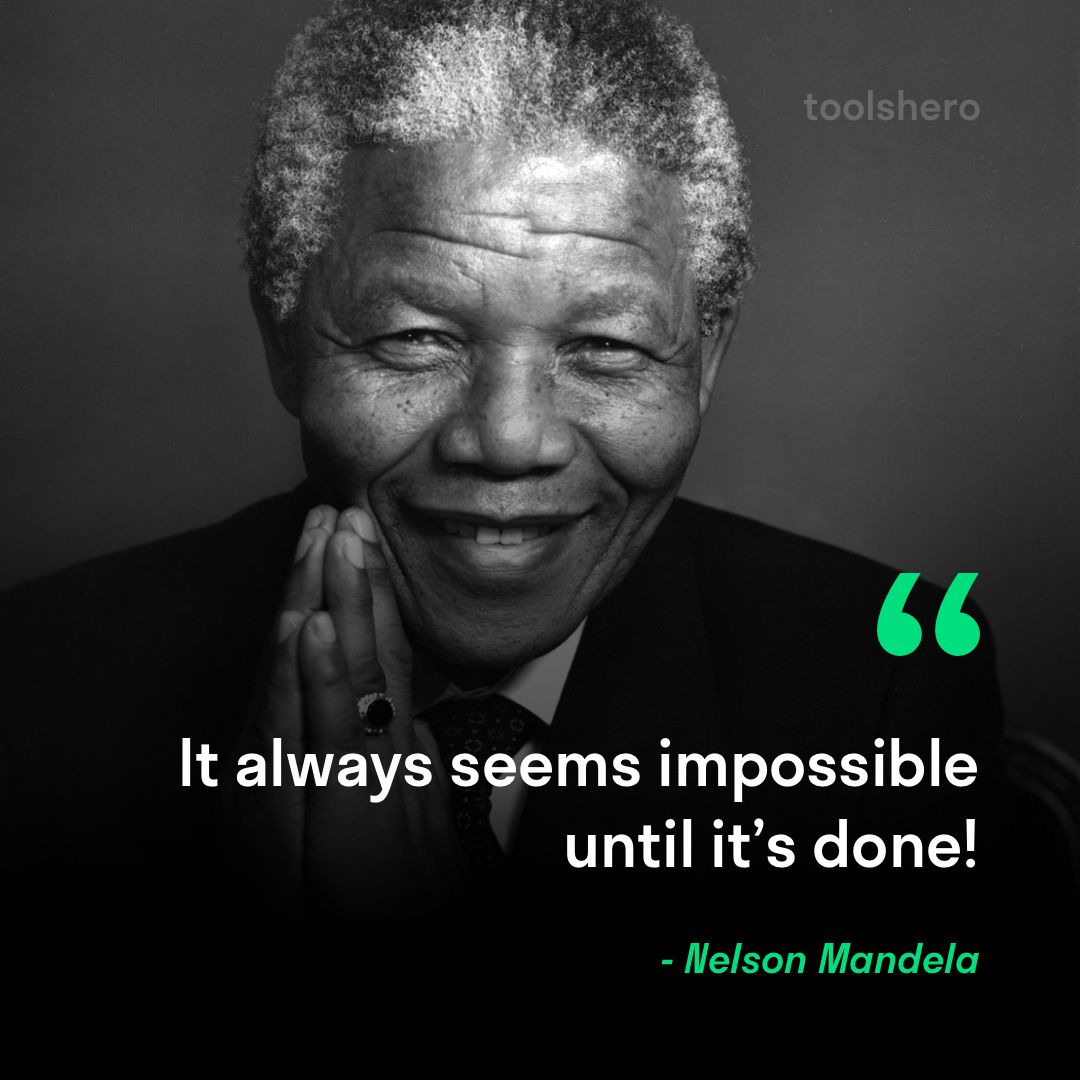Last week, there was a discussion on whether the Union constitution adopted in 2008—by questionable means―should be amended or rewritten.
Nobody had asked them whether they wanted it amended or rewritten.
The answer, had the question been asked, would have been unanimous: they all wanted a new one.
In fact, the new one had already been drafted and adopted by the pro-democracy (and procedural) EAOs, political parties and activist groups on 12 February 2008, 3 months before the popular referendum, based on the 8 guiding principles endorsed 3 years earlier:
- Sovereign power derives from the people
- All the indigenous peoples of the Union enjoy equal rights, both political wise and ethnic wise
- All the indigenous peoples have right of self-determination in the fields of politics, economy, social and culture
- The Union must be formed with states that fully enjoy the right of self determination
- The rights of all minorities that reside in the federal units are safeguarded by the constitution
- Fundamental human rights and rights must be guaranteed by the constitution without discrimination of religious beliefs, color, or gender
- The Union practices secularism
- The Union practices multiparty democratic system
Those who follow the country’s ongoing peace process which began in 2011 will notice that all these guiding principles have now become an integral part of the basic federal principles to be negotiated and adopted at the Union Peace Conference (UPC) also known as the 21st Century Panglong (21CP).
However, what is not part of it is the draft they had adopted 9 years earlier, a situation which go against their grain.
 Someone then brought the following story to the discussion:
Someone then brought the following story to the discussion:
A man is left in the desert by his friends who have robbed him of everything including his horse. Not giving up, he travels on foot, usually at night, to conserve the water in his body.
On the third day, chirping of birds in the distance draws him to a small pool among some desert willows. The only problem is a coyote, long dead, is lying there.
He knows he has to make a choice:
- To drink it, he has to purify it as best he can first
- To dig a new pool, for which he doesn’t have enough strength unless he has something to drink first
- Or to go further, which he knows well is out of the question unless he has a good supply of water
His decision, after consideration, is to go through all the three given options:
First, he drags the dead coyote out of the water. Then he gathers sticks and build a fire. He scoops up some water with the pot he is carrying, covers it with charcoal from the fire, and boils it again. When it has boiled, he skims off the scum from the surface, adds more charcoal, lets it boil again, and again skims it.
After it has cooled down, he allows himself the first real drink in three days. In this way, he soon has a small supply of water, which he drinks while emptying the poisoned water in the pool. By the next nights, it is full with clean water again.
Three days later, he is back to civilization.
“So what happens next? A cowboy story never ends like this,” asked one of the participants.
The answer comes right back. “Of course, he has a showdown with his former friends, comes out on top, and takes back his possessions.”
“That’s what I want to hear,” he says.
Maybe we can follow the same procedure this fictional character went through in dealing with the constitutional issue?
Something to think about.





